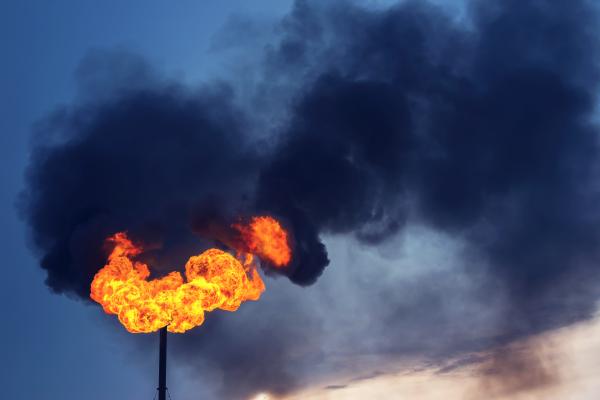Jun 3, 2016
When it comes to climate change and protecting our communities’ health, time is of the essence. Each day of inaction, we allow more methane to pollute the air. By acting now, we can stop another case of cancer or asthma. We can better follow our Genesis call to till and keep the earth, and be better stewards of the fragile web of life depending on a stable climate. Our communities and God’s precious creation can't afford to wait.
Read the Full Article

Already a subscriber? Login
